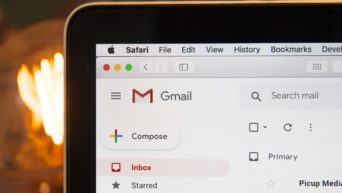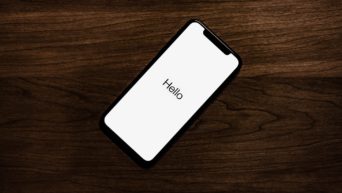Michael Cohen’s Unintentional Inclusion of Fake AI-Created Citations Sparks Scrutiny in Federal Court
In a recent revelation, Michael Cohen, former lawyer for Donald Trump, admitted to including fake, AI-generated court cases in a legal motion that found its way to a federal judge, as reported by The New York Times. The unsealed filing discloses that Cohen utilized Google’s Bard, mistaking it for a powerful search engine rather than an AI chatbot, to conduct research for a motion seeking to reduce his three-year probation.
The motion, aimed at shortening Cohen’s probation following his imprisonment and guilty plea on charges including tax evasion, came under scrutiny when US District Judge Jesse Furman discovered that the cited cases were non-existent. Judge Furman has requested an explanation from Cohen’s lawyer, David Schwartz, regarding the inclusion of these fictitious cases and whether Cohen played a role in drafting the motion.
In response, Cohen issued a written statement expressing that he didn’t intend to mislead the court. He clarified that he used Google Bard for legal research, sending his findings to Schwartz. Cohen asserted his unawareness of the potential for AI-generated citations to be fake, indicating that he viewed Google Bard as an enhanced search engine. Schwartz now faces potential sanctions for including these fabricated citations.
Ex-Trump lawyer Michael Cohen said he used Google Bard to unknowingly generate fake case citations that his lawyer used in a motion seeking to end his probation. https://t.co/Jemr57tk3L
— The Washington Post (@washingtonpost) December 29, 2023
Cohen, a non-lawyer, acknowledged his lack of awareness regarding emerging trends and risks in legal technology, stating, “I did not know that Google Bard was a generative text service that could show citations and descriptions that looked real but actually were not.” He emphasized his previous successful use of Google Bard for finding accurate information online in different contexts.
This incident is not the first instance of AI-generated citations causing legal complications. In June, two New York lawyers faced sanctions and fines for incorporating bogus court cases generated by ChatGPT in a legal brief. The trend of using AI in legal contexts extends to the drafting of arguments, as seen with the legal team for rapper Pras Michél, seeking a new trial after AI-generated content played a role in the guilty verdict.
The case involving Michael Cohen underscores the importance of legal professionals staying informed about evolving technologies to maintain the integrity of legal proceedings.
































